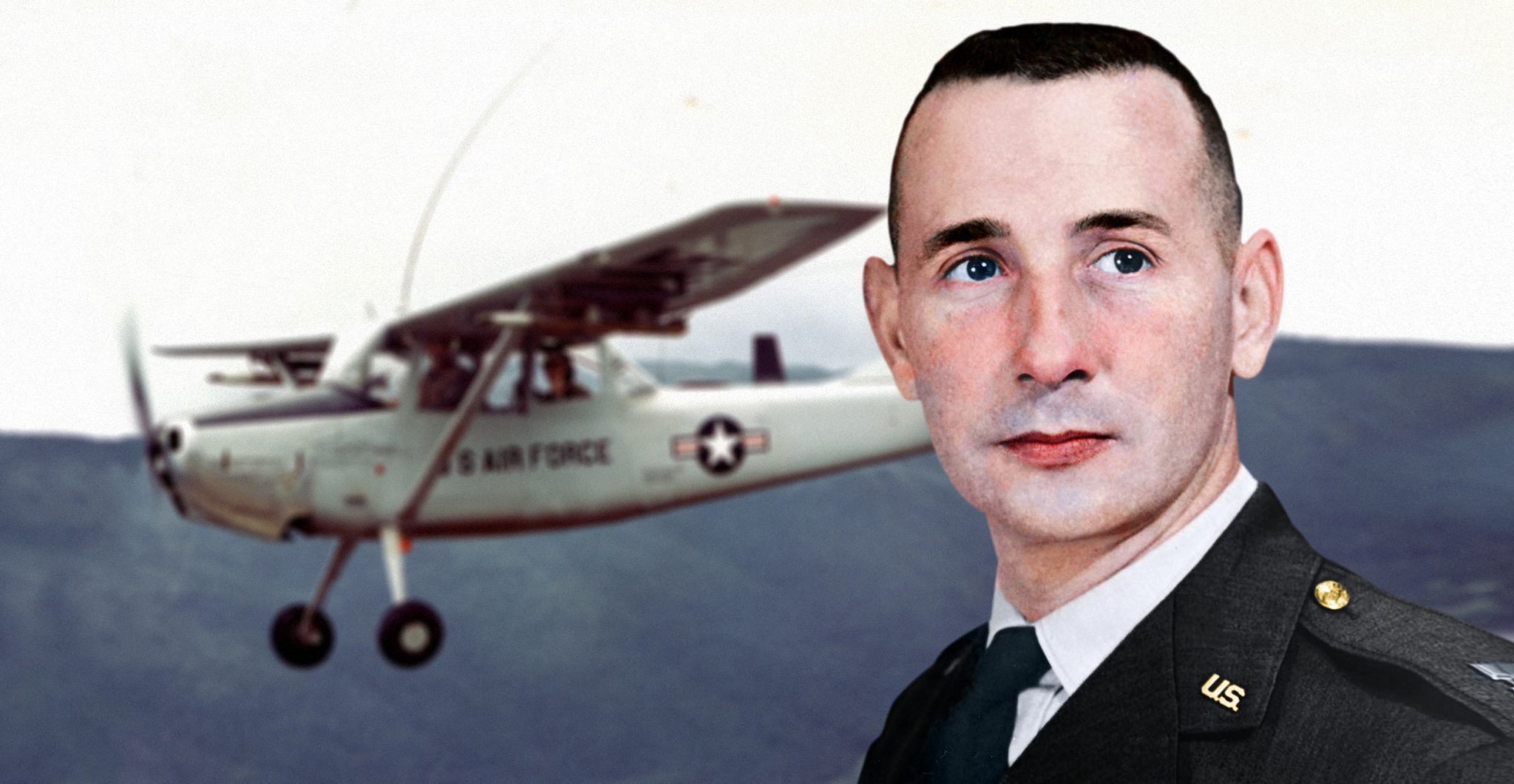Air superiority is often a factor in combat that can lead to a decisive victory. However, when you are flying a Cessna 0-1 Bird Dog and firing your M16 out of the side window on a strafing run, you can be certain things are not going according to plan.
Captain Hilliard Wilbanks was flying over the jungles of Vietnam on a reconnaissance mission for an ARVN Ranger Battalion when he discovered they were walking right into a well-placed ambush.
Wilbanks began to drop a barrage of white phosphorus rockets to mark the enemy positions. Realizing they had been compromised, the Viet Cong began to charge the heavily outnumbered Rangers.
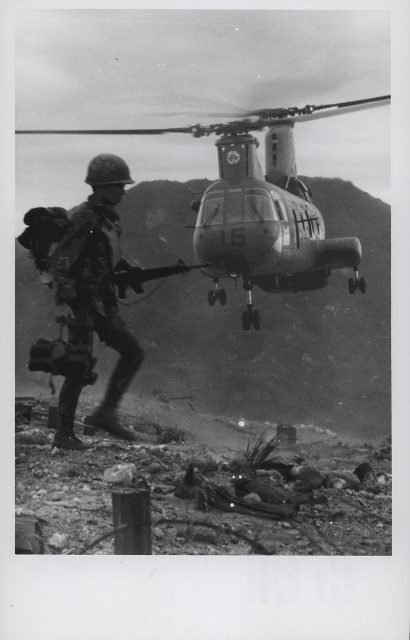
Now out of rockets and seeing that help would arrive too late for the Rangers below, Hilliard began flying low passes over the enemy as he strafed them with his M16 out of the plane’s side window. Now the subject of enemy fire, Wilbanks’ Cessna was hit, sending him crashing to the ground.
Mortally wounded, Wilbanks was relieved to hear the sound of F-4s screaming overhead, indicating he had delayed the enemy long enough. Wilbanks would breathe his last breath on the evacuation helicopter, but not without recognition of the nation’s highest military honor.
Born to Fly and Fight
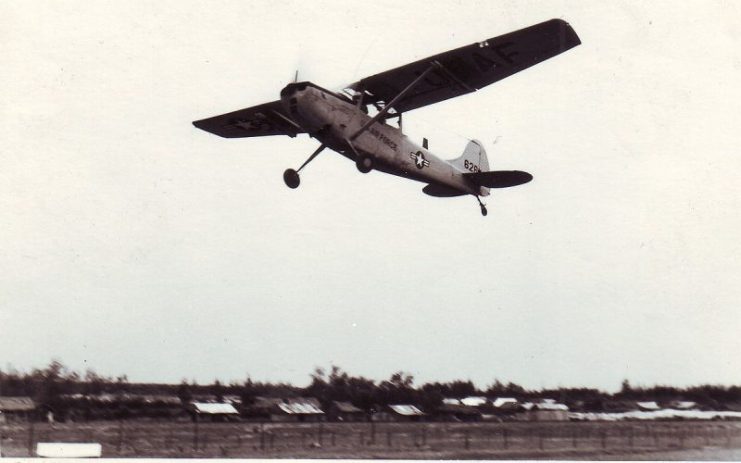
Hilliard Wilbanks was born in 1933 in Cornelia, Georgia. Not quite old enough to join the fight during World War Two, Wilbanks would watch the action from afar as a child and wait for the day he too could serve.
As soon as he was able, at the age of 17, Wilbanks enlisted in the newly minted Air Force in 1950. The nation was once again engaged in combat, but Wilbanks’ experience in combat would have to wait. He initially served as an air policeman with the Strategic Air Command.
Missing out on the action in Korea, Wilbanks then pursued a lifelong dream to fly by joining the aviation cadet program. After becoming a commissioned officer in 1955, Wilbanks would soon find himself over the skies of Vietnam in the 1960s, getting his first taste of action.
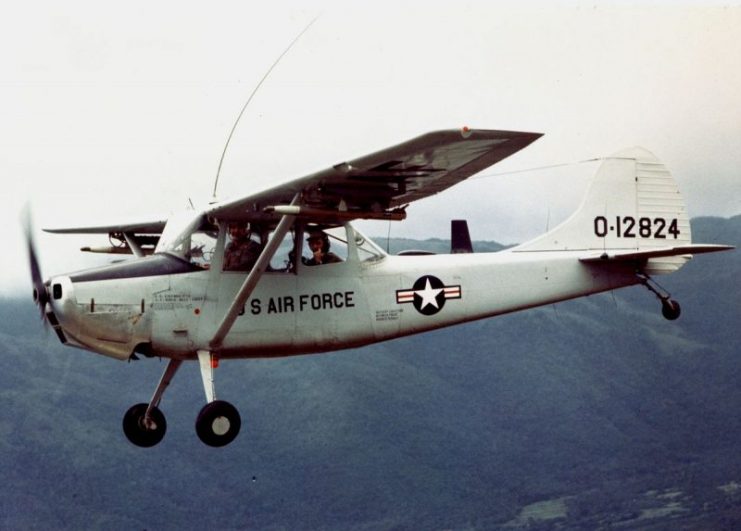
In 1966, Wilbanks was serving as a forward air controller with the 21st Tactical Air Support Squadron. He would fly the Cessna 0-1E Bird Dog which was used to provide close air support and reconnaissance for ground troops. At a top speed of only 105 mph, it was easy for the Cessna to find itself exposed and right in the thick of the fight.
As of early 1967, Wilbanks had distinguished himself throughout 487 combat missions and had been awarded the Distinguished Flying Cross along with 17 Air Medals. However, it would be the afternoon on February 24th that year that would set him apart and into the halls of military history.
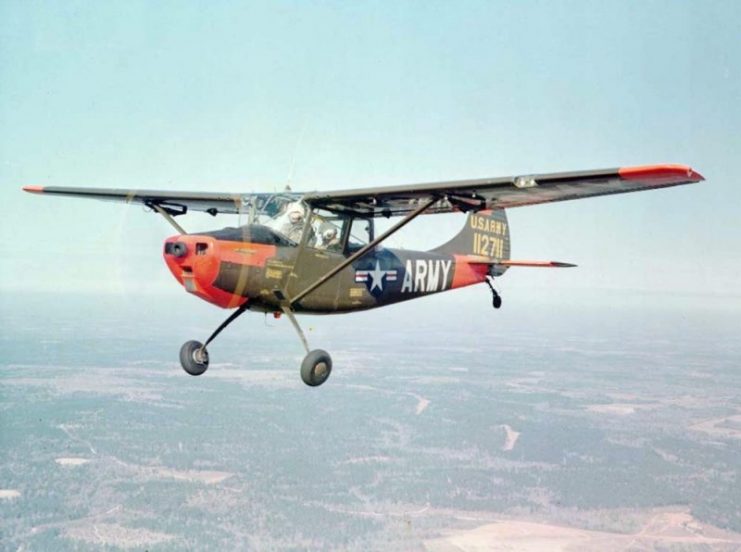
Flying through the skies near Da Lat, South Vietnam, Wilbanks noticed a group of ARVN Rangers walking into an ambush and headed for a really bad day. Doing his duty, Wilbanks invited a bad day upon himself to give the Rangers a fighting chance.
Help from the Skies Above
During his reconnaissance for the ARVN Rangers below, Wilbanks noticed large groups of Viet Cong concentrated on two hilltops with the small group of Rangers headed right towards them. Making matters worse, the Rangers were about to wade through a tea plantation that would offer little to know cover. As far as ambushes go, this one was set up to devastate any who would walk through it.
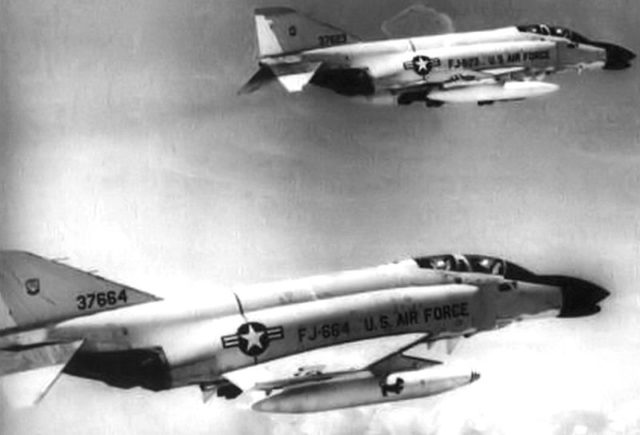
Without hesitation, Wilbanks took his Cessna down to the jungle as he radioed the Rangers a warning. Upon seeing the Cessna the Viet Cong realized they had been compromised and opened up with mortars and automatic weapons.
Despite the heavy fire flying through the sky, Wilbanks continued to make multiple passes over the enemy as he fired his white phosphorus rockets to mark the positions. However, the Viet Cong were experienced fighters and they knew what was coming next.
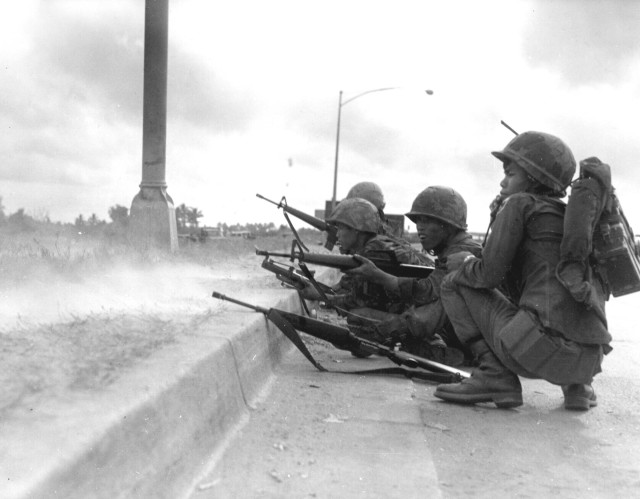
Attempting to complete the ambush before air support and reinforcements arrived, the Viet Cong charged down the hill at the Rangers. Realizing that the Viet Cong would overwhelm the Rangers before additional support arrived, Wilbanks flew in to fire the last of his rockets at the enemy. Only providing a temporary reprieve, the Viet Cong resumed the charge when Wilbanks was out of rockets.
Fighting Until the Bitter End
Undeterred by his lack of rockets, Wilbanks continued the fight. With only an M16 at his side, he began to fly low passes just 100 feet over the enemy as he fired his M16 out of the side window. Successfully halting and distracting the enemy, it was now Wilbanks who became the target of their hostilities.
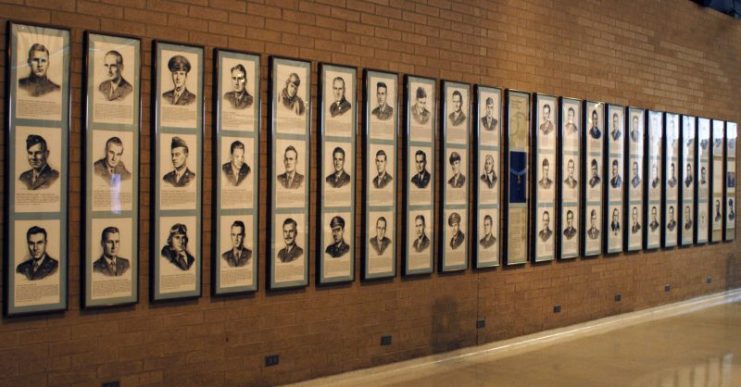
Wilbanks continued to make multiple passes, firing down upon the enemy as they began to pour fire back at him. On his final pass, Wilbanks was severely wounded, sending his Cessna down into the jungle below.
Initially surviving the crash, Wilbanks was pulled from the wreckage by one of the Rangers he had fought so hard to save. A short time later reinforcements arrived, and the sound of F-4s strafing the enemy in his stead could be heard overhead.
Hilliard Wilbanks would make his way into a Medevac helicopter but would pass away on his route to the hospital. Captain Hilliard Wilbanks was just two months from returning home when he displayed his act of gallantry. For his actions that day, Captain Wilbanks would receive the Medal of Honor and the eternal gratitude of every Ranger who watched him fight until the bitter end that day.
